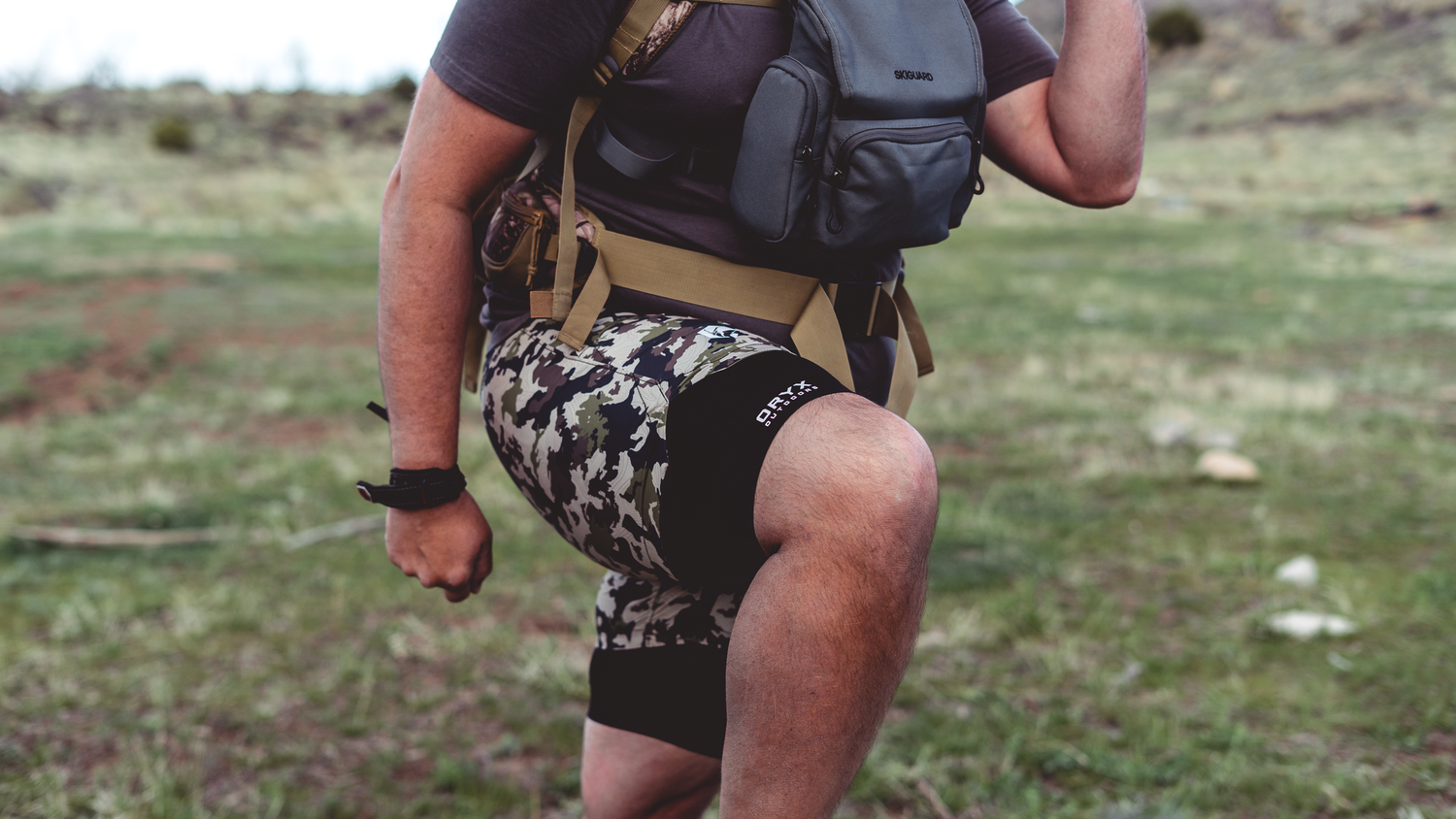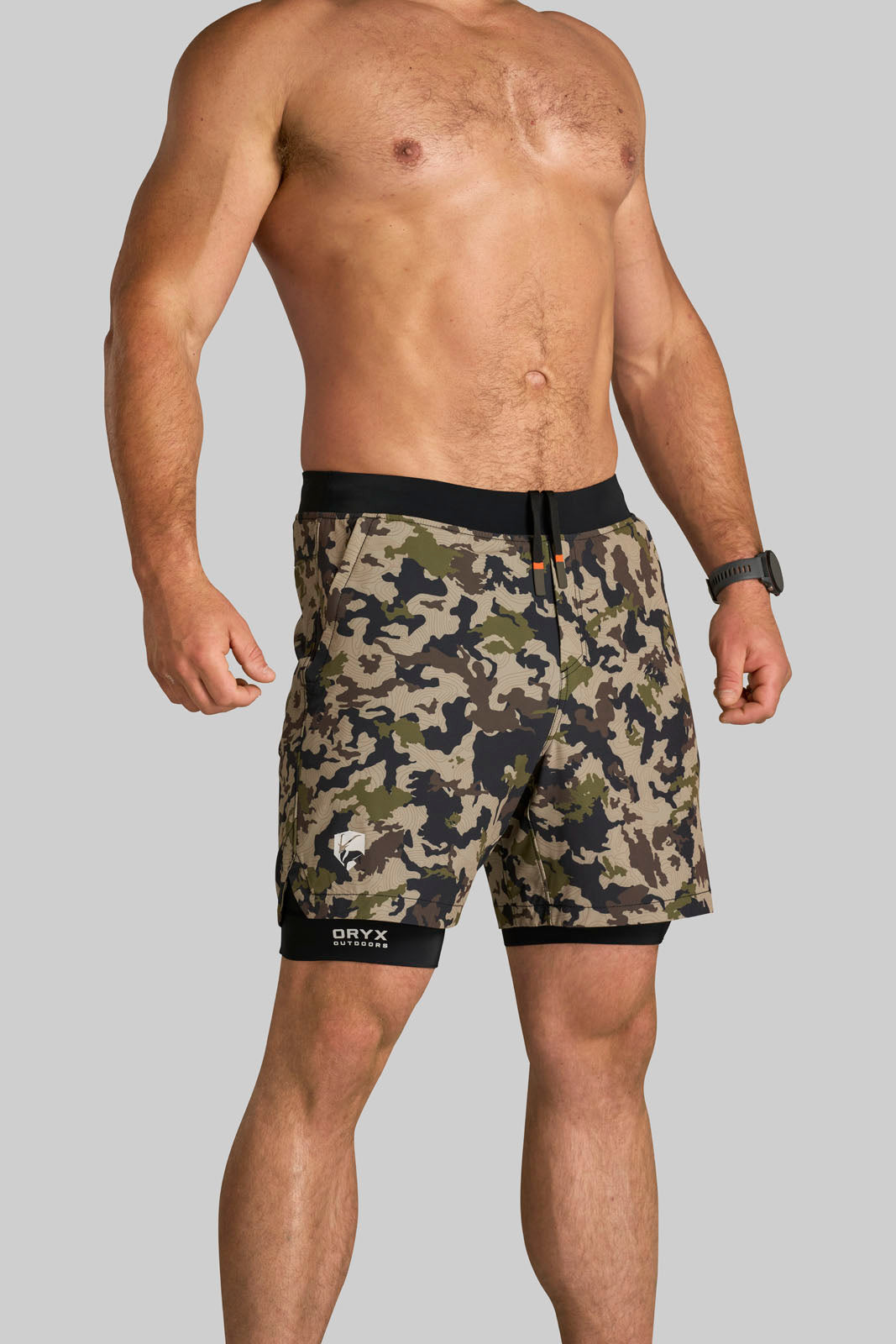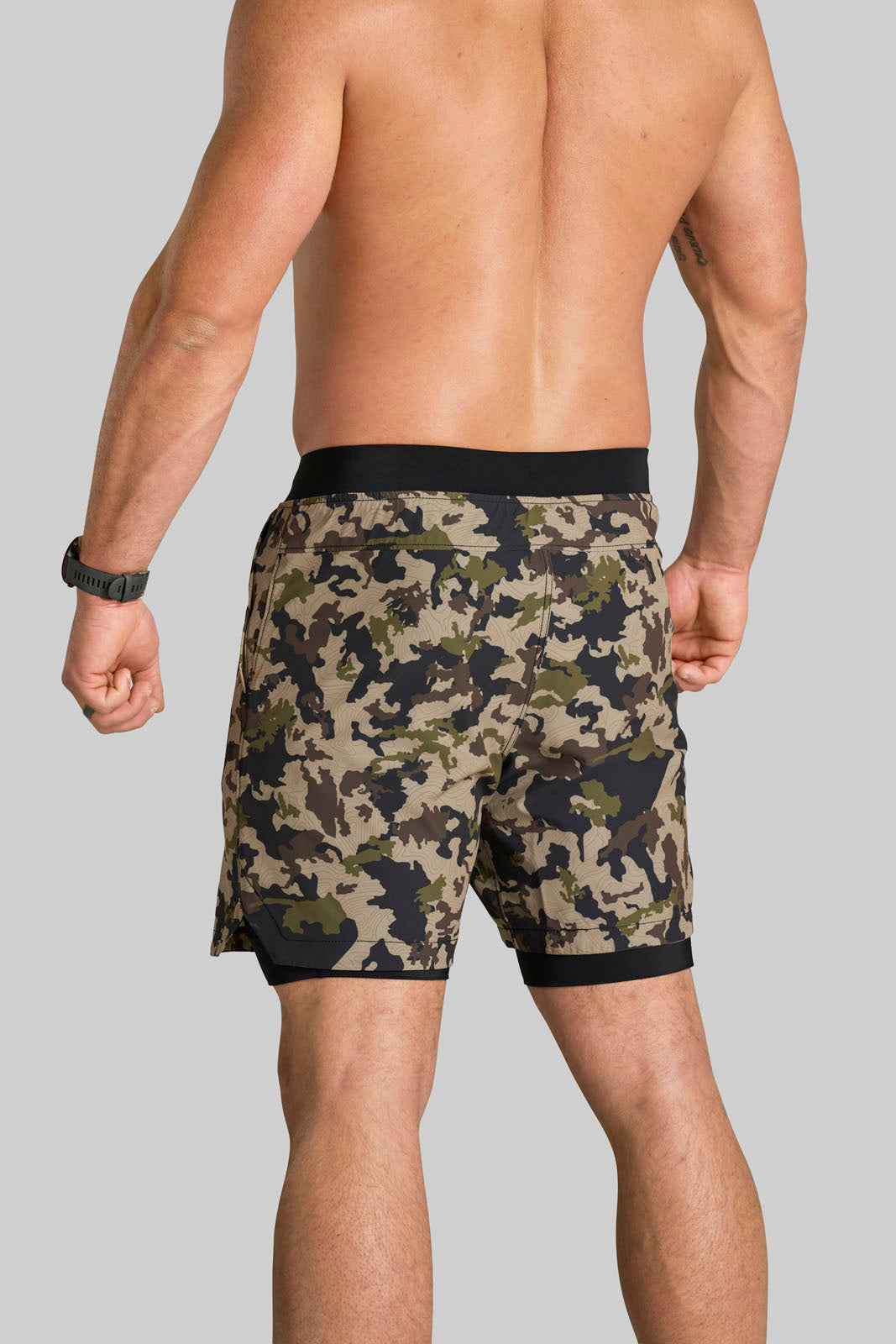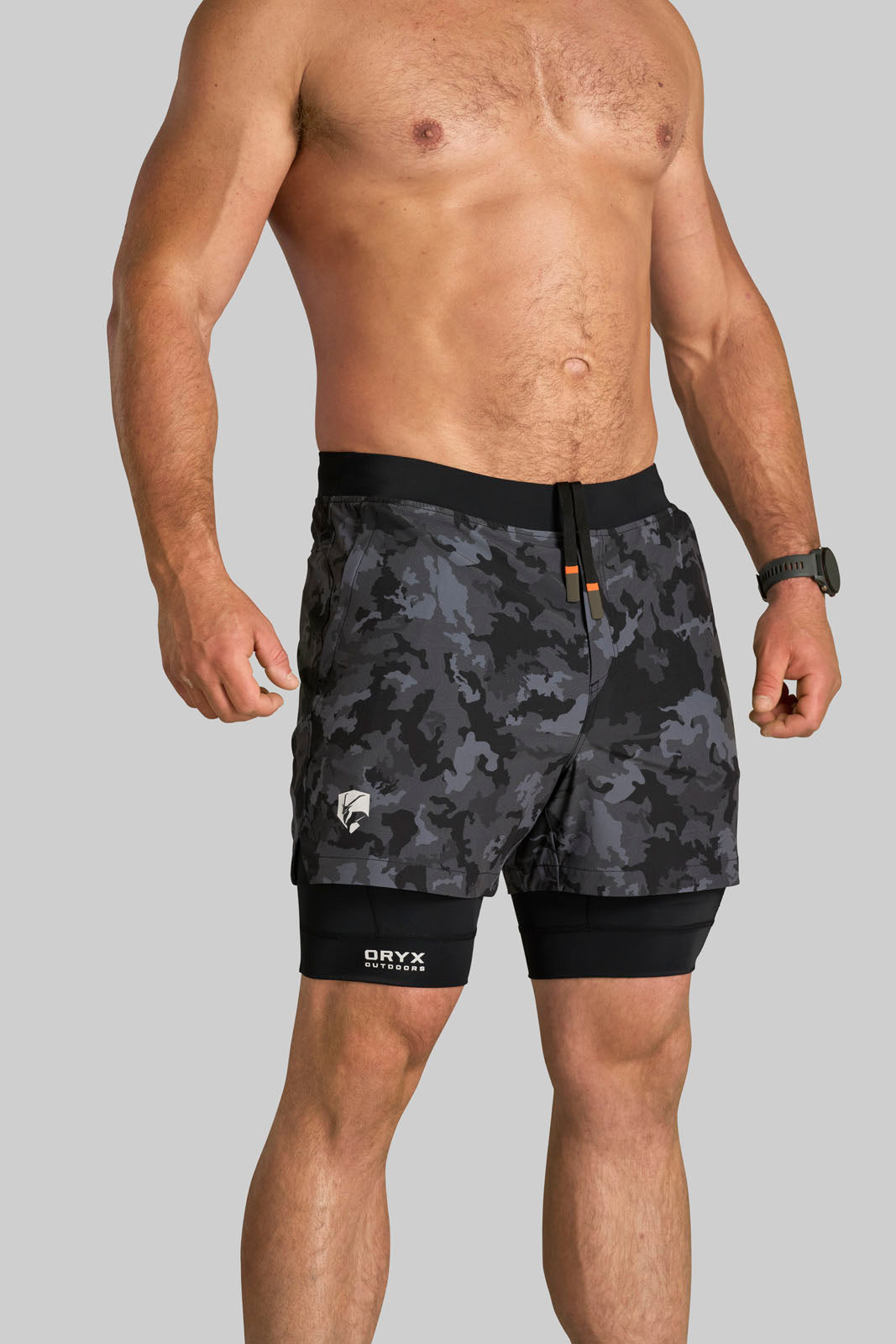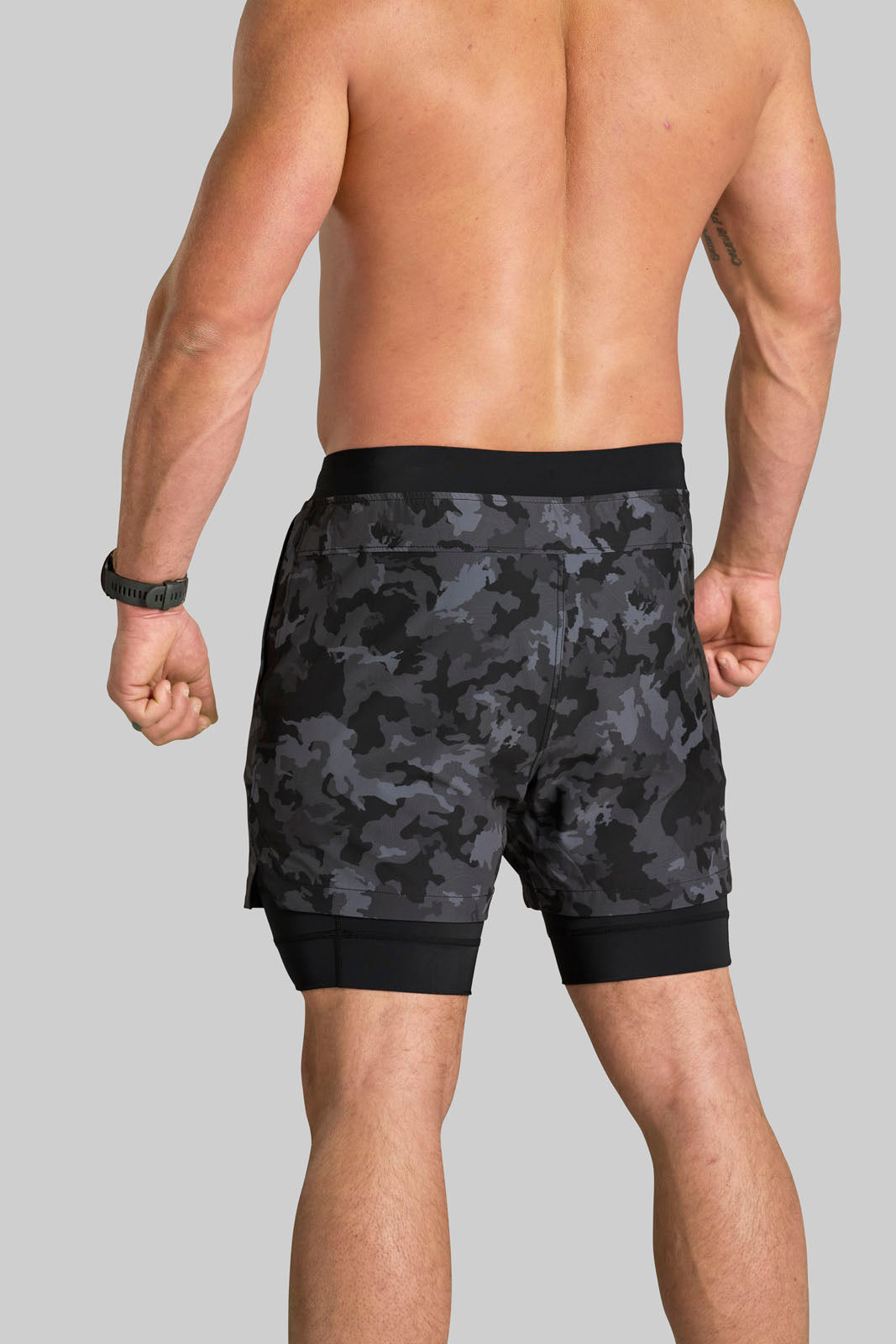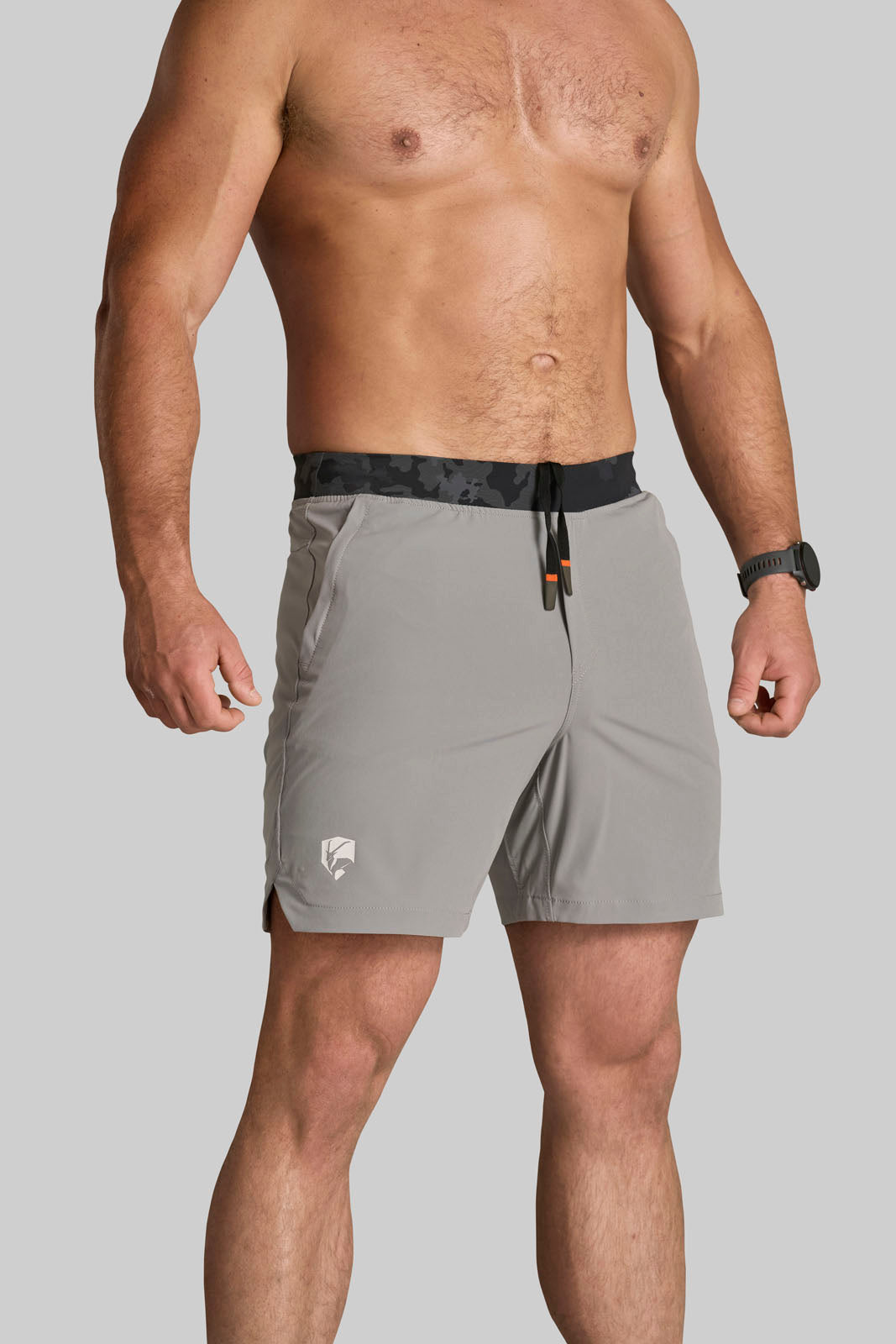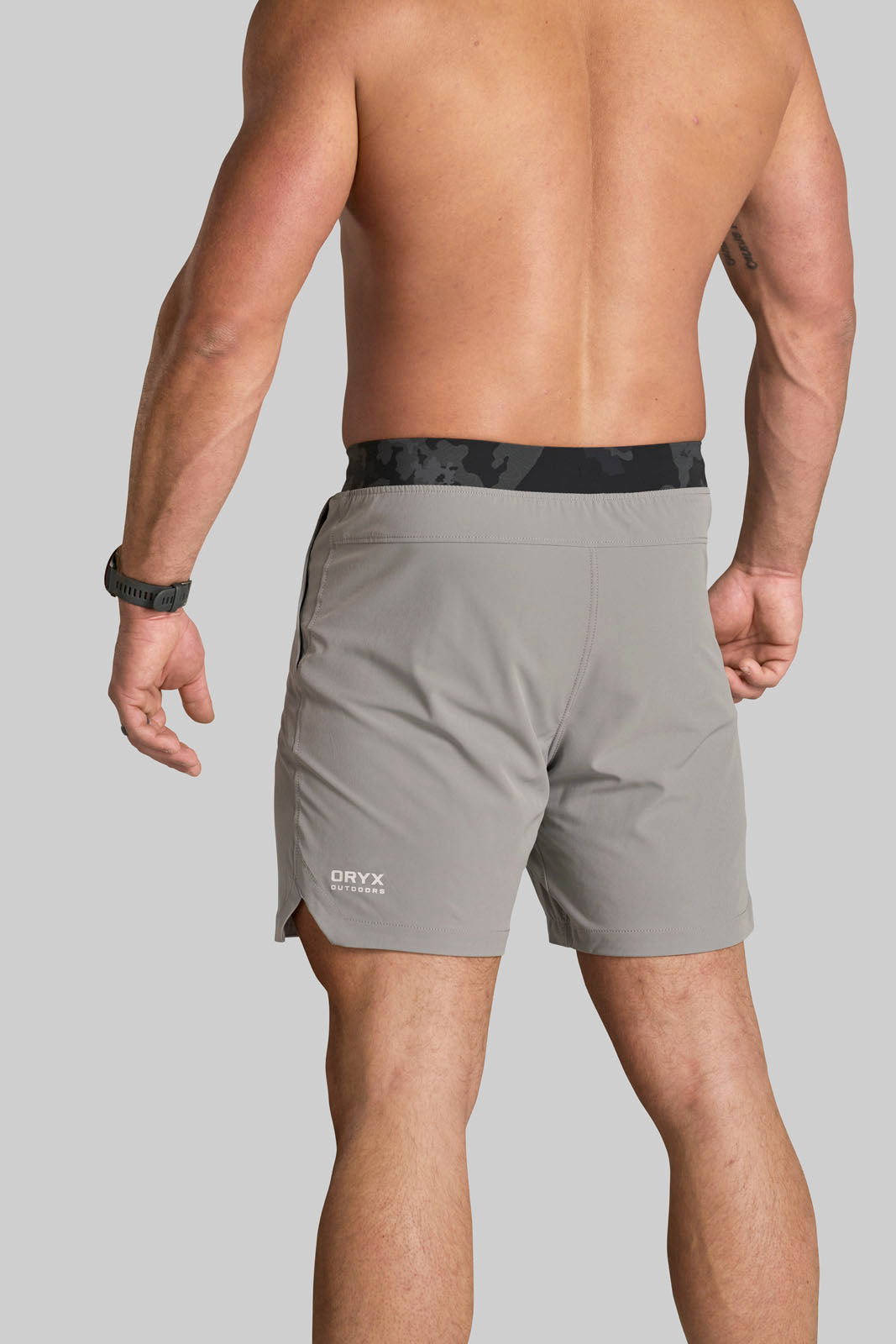Your training is only half the equation. The other half? Fueling your body to perform, recover, and stay lean for hunting season. Summer nutrition doesn’t have to be complicated, but it does need to be intentional — especially if you’re training hard in the heat.
Here’s how to eat to stay strong, keep energy high, and set yourself up for a successful season.
Focus on Whole Foods
The foundation of any solid nutrition plan starts with quality. If your meals come mostly from a package, bottle, or box, chances are you're not giving your body what it needs. Highly processed foods are loaded with added sugars, seed oils, preservatives, and artificial ingredients that can slow recovery, increase inflammation, and leave you feeling sluggish and bloated.
Instead, build your meals around whole, nutrient-dense foods that support performance and recovery:
- Lean proteins
- Complex carbohydrates
- Healthy fats
Whole foods also provide the essential vitamins and minerals your body needs to stay resilient — particularly B vitamins for energy, iron for endurance, and zinc for testosterone and immune health.
Hydration & Electrolytes
When training hard in the summer heat, hydration isn’t just about drinking water — it’s also about replacing the electrolytes you lose through sweat. Sodium, potassium, and magnesium are the primary minerals that regulate muscle function, nerve signaling, and fluid balance. Without them, you’re at higher risk for cramping, fatigue, brain fog, and underperformance.
Here’s how to stay properly hydrated:
- Drink at least half your body weight in ounces of water daily.
- Add an electrolyte powder to your water post-training or during long hikes or scouting trips.
- Coconut water is a natural alternative that provides potassium and some sodium, but it's not a full replacement for comprehensive electrolyte powders.
Don’t wait until you’re thirsty — by that point, you’re already dehydrated. Make hydration a habit throughout the day, especially if you’re active outdoors in the heat.

Summer Meal Timing
Meal timing plays a critical role in how you perform during workouts and how quickly you recover afterward. Think of food as fuel — not just for muscle gain or fat loss, but for how you feel and function in the moment.
- Before a workout: Eat a light, easily digestible carb-based snack 30–60 minutes prior. Good options include a banana, a rice cake with almond butter, or a small bowl of oatmeal. This helps provide quick energy without weighing you down.
- After a workout: Within an hour of training, refuel with a combination of protein and carbs to kickstart muscle repair and replenish energy stores. A balanced post-workout meal could be grilled chicken, roasted sweet potatoes, and mixed vegetables.
Eating consistently throughout the day — every 3–4 hours — helps keep your metabolism humming and energy levels stable. Skipping meals, especially when training hard, often backfires and leads to overeating or fatigue later on.
Portable Snacks
Whether you're glassing from a ridgeline, checking trail cameras, or grinding out a long ruck, having portable, nutrient-dense snacks can keep your energy high and prevent bonking. Aim for options that are shelf-stable, protein-rich, and not loaded with junk ingredients.
Here are a few go-to snack ideas:
- Jerky
- Mixed nuts or trail mix
- Homemade energy balls
- Protein bars
Having high-quality snacks at the ready prevents poor decisions when hunger hits and ensures you're fueling consistently throughout the day.
Sample Day of Eating
Here’s what a balanced day of eating might look like for a hunter training hard in the summer:
- Breakfast: 3 scrambled eggs cooked with spinach, a bowl of oatmeal topped with blueberries and chia seeds.
- Mid-Morning Snack: Protein shake + banana.
- Lunch: Grilled venison burger over a quinoa salad with olive oil dressing, cherry tomatoes, and cucumbers.
- Afternoon Snack: Trail mix (almonds, cashews, dried cranberries, dark chocolate).
- Dinner: Grilled salmon, roasted sweet potatoes, and steamed green beans with garlic.
- Evening Snack: Cottage cheese with sliced peaches and a sprinkle of cinnamon.
This mix provides ample protein for muscle recovery, complex carbs for sustained energy, and healthy fats for endurance and satiety.
Supplements
Supplements are not magic — and they’re never a substitute for a solid diet. But if you're training hard and pushing your limits, certain foundational supplements can help support performance and recovery:
- Whey protein
- Magnesium (glycinate or citrate)
- Omega-3 fatty acids
- Vitamin D
Stick to the basics and focus on quality brands with third-party testing.

Stay Consistent
Forget extremes, crash diets, or cutting carbs to the bone. What works best — especially for hunters who train like athletes — is consistency. Eating well 90% of the time will outperform a perfect plan that’s abandoned after two weeks.
You’re not just lifting weights or running trails. You’re training for a reason — to be physically capable when the season opens. Fuel your body like an athlete, because that’s what you are. Your nutrition doesn’t just impact how you look. It shapes how you move, how you recover, and how well you perform when it really counts.


